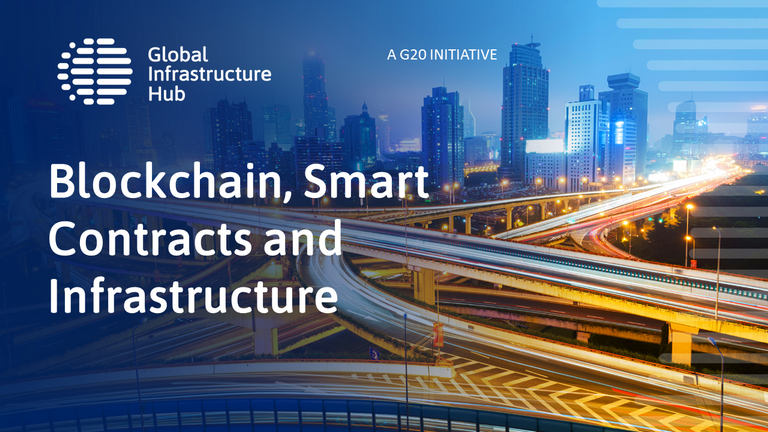901 results found
Featured results



More results
On 12 July 2018 the GI Hub’s COO, Mark Moseley, joined a webinar panel on blockchain and its applications for infrastructure, hosted by the International Project Finance Association (IPFA). Blockchain is the technology that underpins Bitcoin and other similar ‘cryptoassets’, such as Ethereum and Ripple. Its potential, and the recent volatility of cryptoassets, has made the technology one of the most hyped and misunderstood technologies in the market.
Infrastructure can often be used as a pawn in the political chess game, not only at a federal level between political parties, but at a foreign policy level too. It’s crucial that a cross-border infrastructure project has political support and cooperation from all parties involved, and that it’s being supported not for political gain, but to further regional development. A lack of strong political leadership can be detrimental to a cross-border project, and weak capacity can be a deterrent to investors.
The GI Hub was asked to join a panel discussion on Risk Mitigation in Infrastructure Financing. Mark Moseley, the GI Hub’s Chief Operating Officer, identified the risks which typically arise during major infrastructure projects, including land acquisition risks, demand risks, foreign exchange risks and political risks.

The PPP Contract Management Tool provides practical guidance to government officials responsible for managing public-private partnership (PPP) contracts and concession contracts during construction and operations, based on extensive data and real-life case studies.


On 3-4 July 2018 the GI Hub gave a series of presentations at the International PPP Finance Summit, held in London.
A new report released today by the Global Infrastructure Hub, a G20 initiative, has revealed an infrastructure investment gap of US$1 trillion in 10 Compact with Africa countries over the next 22 years.
The participants of the second Regional Roundtable on Infrastructure Governance held in Côte D’Ivoire last week reinforced the need for good governance across all stages of infrastructure delivery. The Regional Roundtable was the second of its kind, with the first held in South Africa in November 2017.
When we as consumers decide to invest our money—whether through shares, bonds, or other instruments—we look at whether our investment will deliver a solid financial return. It makes sense then that the same risk-return principle is applied to investments in infrastructure.
This study looks at the project practice in light of the strategy as declared in the sector paper. The main focus is on the first decade of the urban transport lending program (1972–82).

The data presented in this report show that progress has been achieved in important areas such as legislation, vehicle standards and improving access to post-crash care. This progress has not, however, occurred at a pace fast enough to compensate for the rising population and rapid motorization of transport taking place in many parts of the world.

The GI Hub was asked by the Asia Pacific Investors Cooperation organisation (APIC) to give a presentation on the state of ASEAN infrastructure markets at the APIC 2018 Summit in Tokyo on 21-22 June 2018.
In the world of infrastructure, technological change presents both a challenge and an opportunity. The challenge arises because of the large capital investments which infrastructure projects normally require and the threat that the infrastructure may become obsolete before the investors – whether they are public or private investors – can fully recover their costs. At the same time, there is an opportunity, namely that by using new technologies, we can deliver infrastructure services to the public in a way that is both more efficient and more effectiv

The interest generated by the role of PPP in the implementation of the Sustainable Development Goals (SDGs) is considerable.


Public Investment Management Assessment (PIMA) is a comprehensive assessment framework developed by the IMF to help countries strengthen public investment management practices.

Welcome to the first edition in a series of updates that the GI Hub will provide in advance of each G20 Infrastructure Working Group (IWG) meeting. As committed to in the GI Hub’s Strategic Plan 2019-22, and in response to requests made by members of the IWG, these updates will provide both a description of activities undertaken since the last IWG meeting and a preview of upcoming initiatives. For each of the GI Hub products discussed in the update, we will identify the relationship between the product and the workstreams in the IWG Terms of Reference. We hope that you will find these updates informative and, of course, we welcome any questions or feedback.

The IMF's Public Investment Management Assessment (PIMA) framework helps countries evaluate the strength of their PIM practices.



The paper looks at the consequences of Technological disruption in construction for infrastructure-investment managers.








 What is 'bankability'
What is 'bankability'











